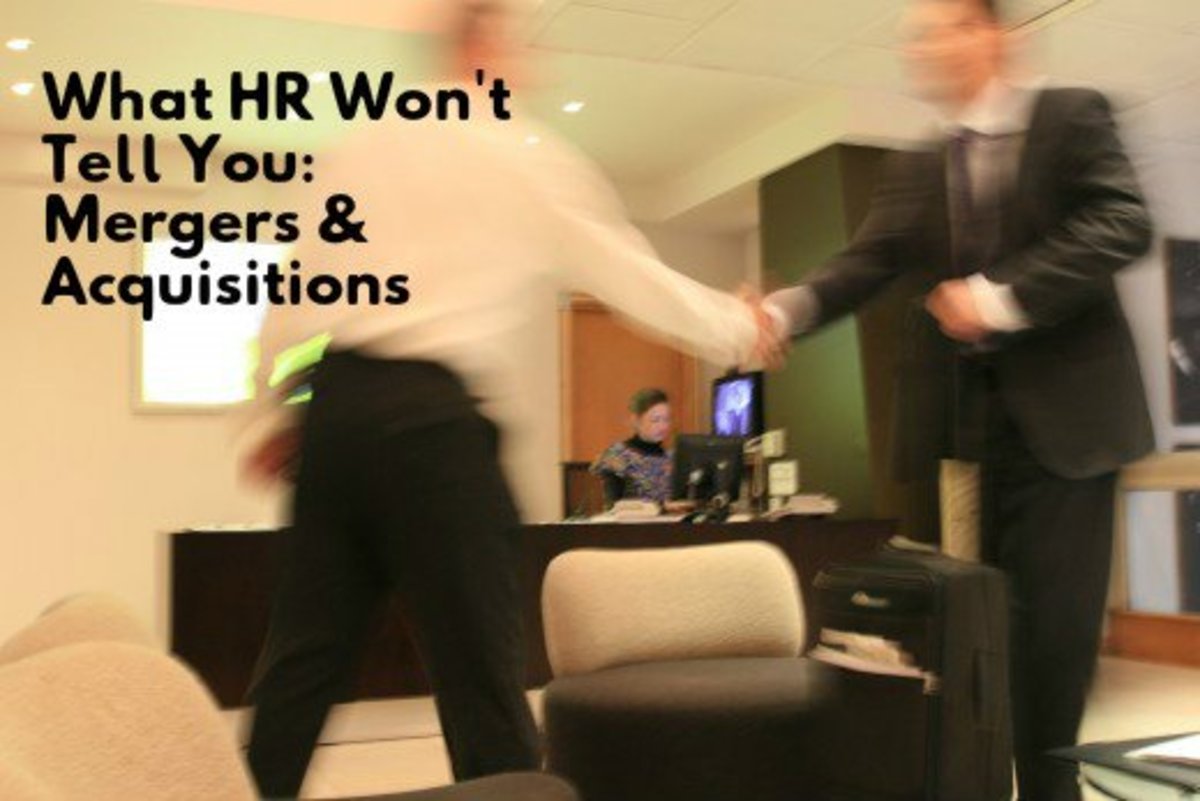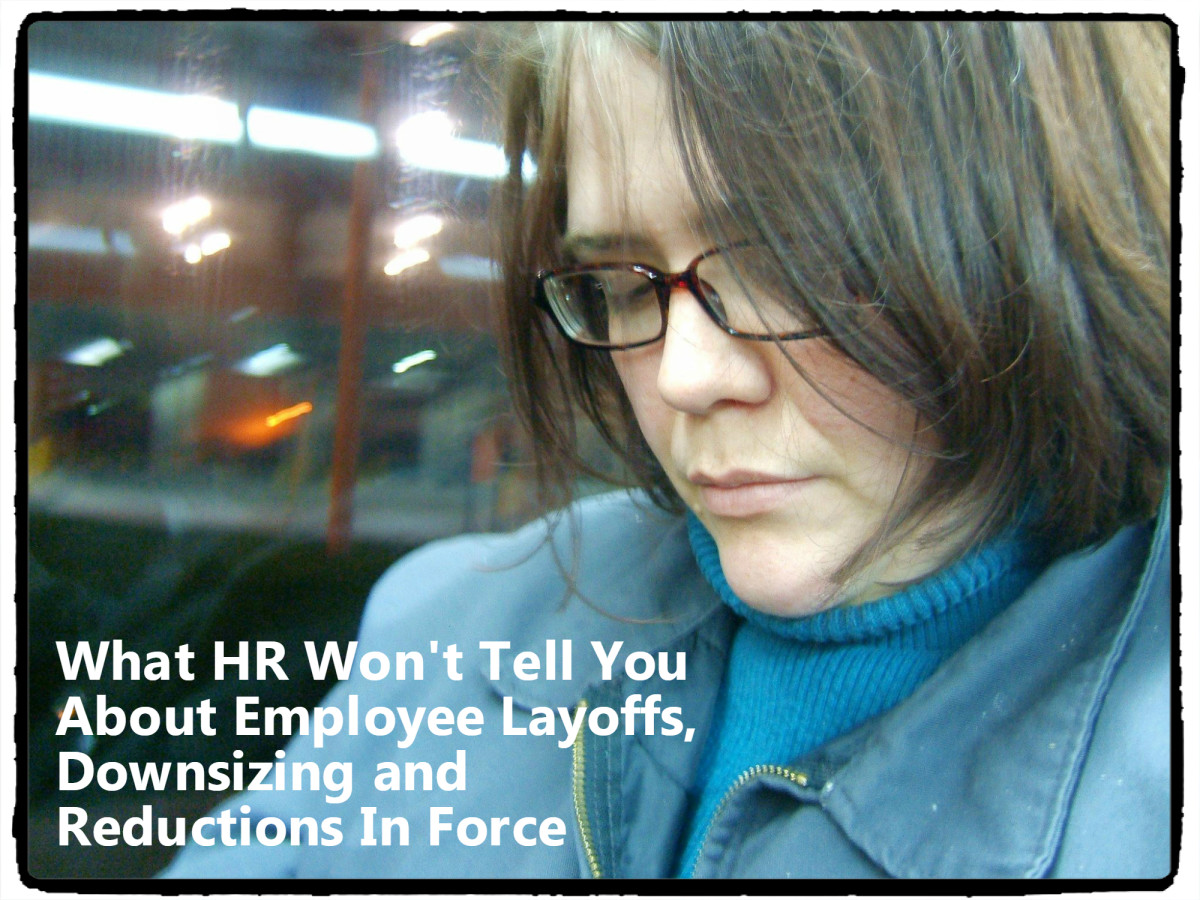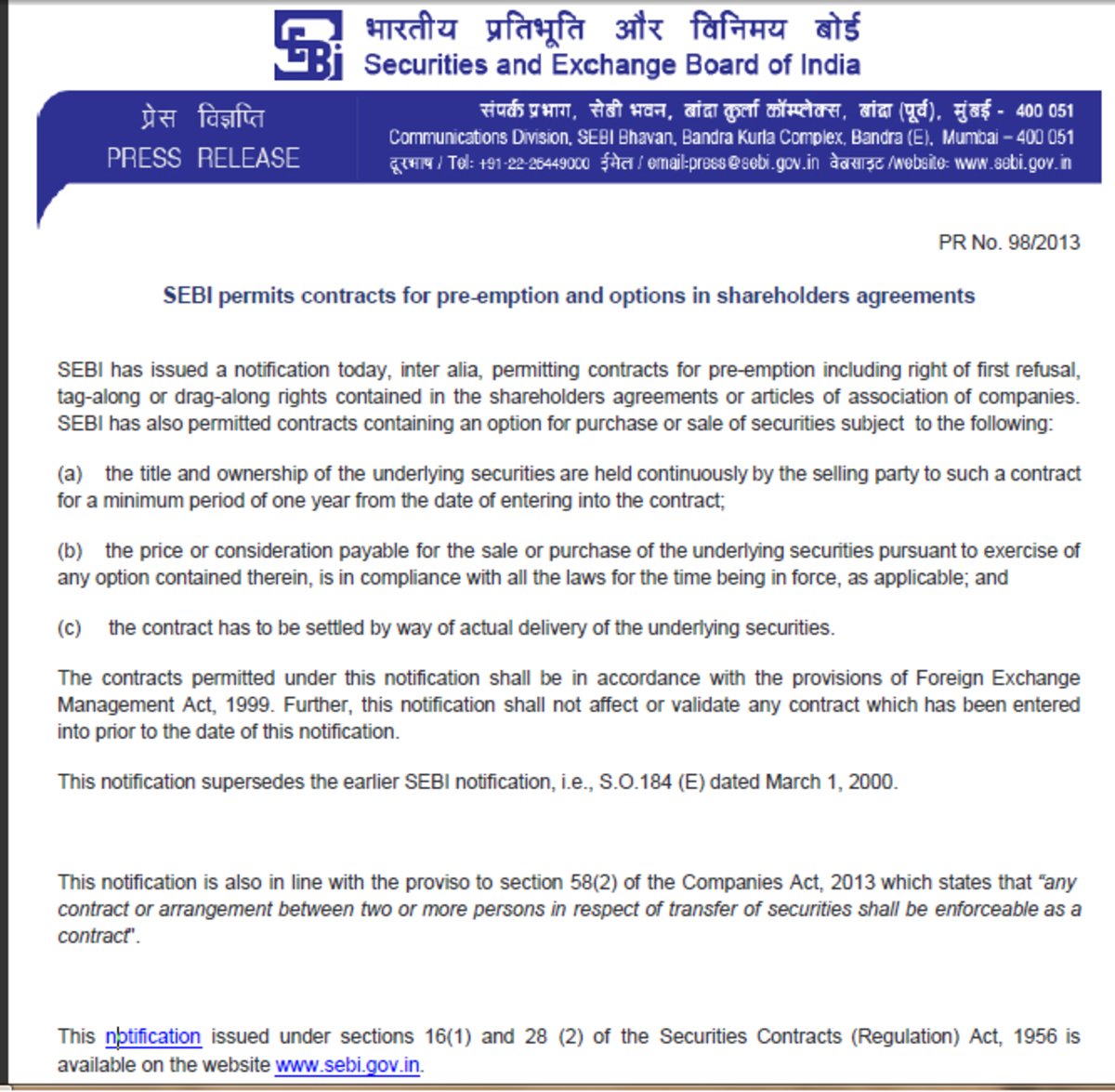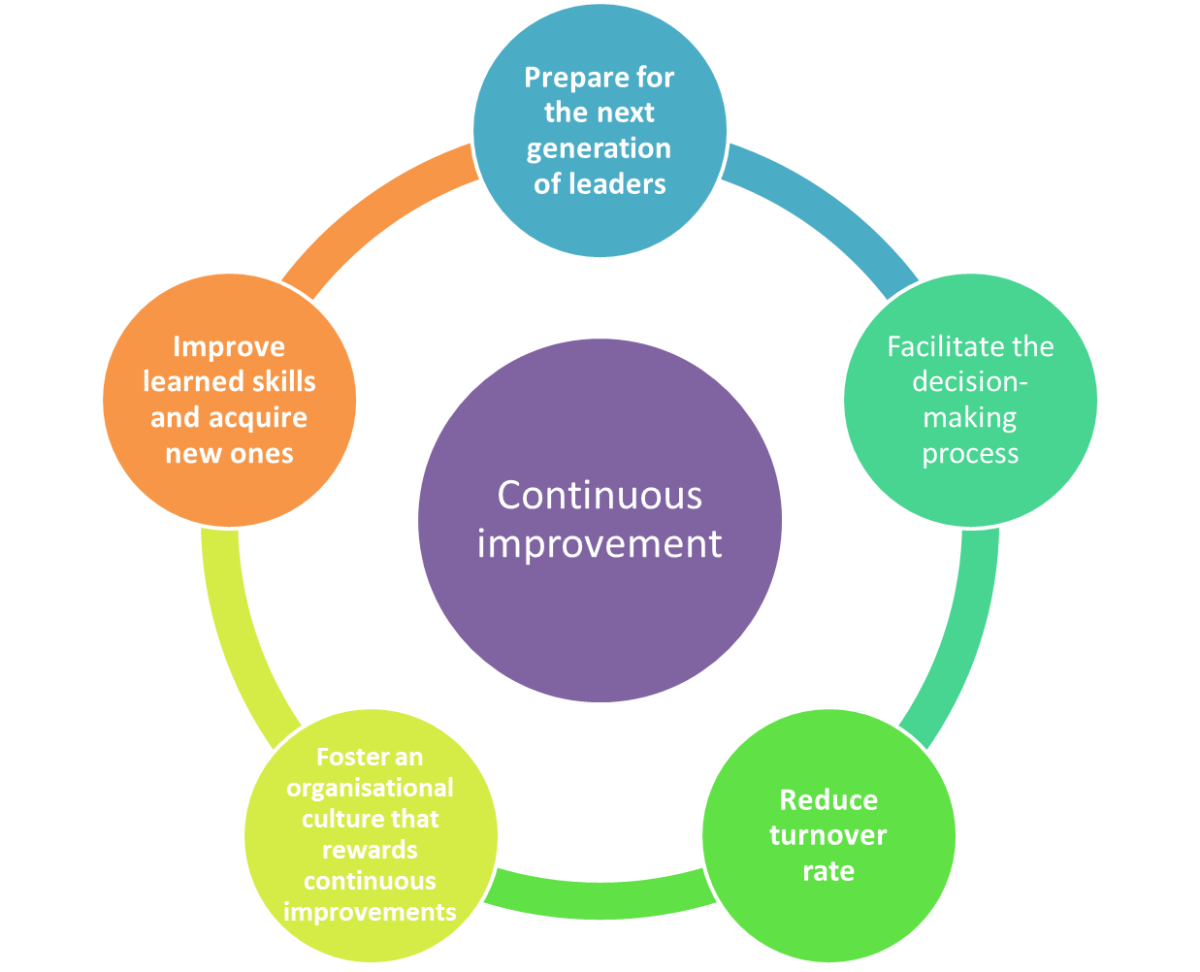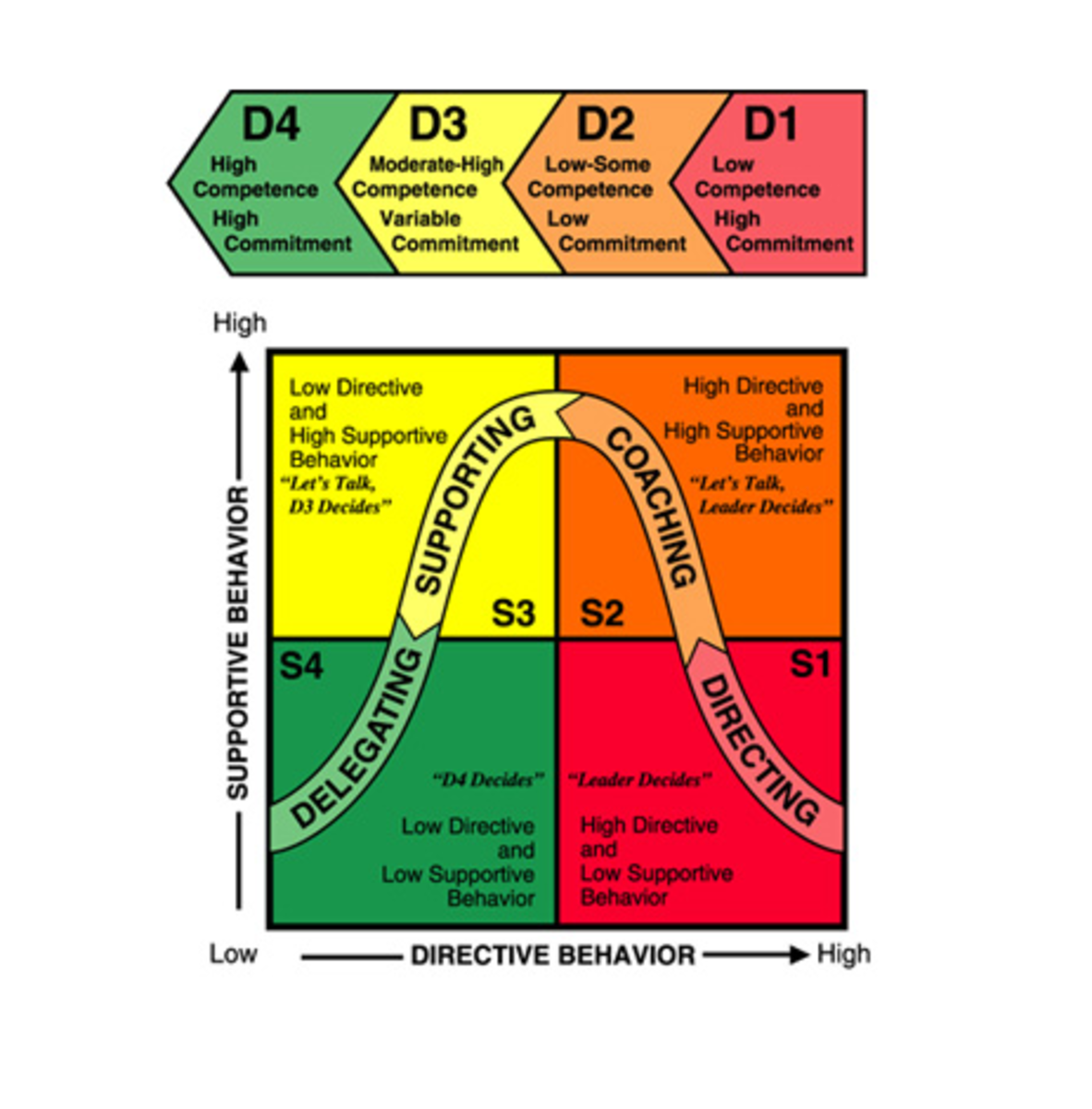Is Mitt Romney an example of corrupt capitalism?
An Answer to A Question about Mitt Romney and Bain Capital
Hubber Man from Modesto has posted this question: Is Mitt Romney an example of corrupt capitalism? Limbaugh attacked Newt's lambaste of Mitt.
He then expanded it with by stating: 01-10-12: Rush Limbaugh attacked Gingrich's derogation of Mitt Romney's business model: buy a company, make money, then close it and sell everything for maximum profit. Limbaugh said Newt is "left" in this approach. Left, right, whatever: making money is okay. Doing so at the expense of others' livelihood is outright crooked. Jesus said, "There is no greater love than this: that a man should lay down his life for his friends." What is it when a man reduces the quality of life for thousands of others so that he can make tens of millions? Limbaugh is associated with M.R.'s firm, Bain capital.
In responding to Man from Modesto’s question I will focus on his two points dealing with Rush Limbaugh’s association with Bain Capital and the business model Governor Romney is accused of using.
Romney's "I like to Fire People" Remark in Context
Mitt Romney is No Longer In Charge of Or Employed By Bain Capital
Let’s start with the last sentence of Man From Modesto’s question where he states that Rush Limbaugh is associated with Mitt Romney’s firm, Bain Capital.
First of all, Mitt Romney was a former partner in and CEO of Bain Capital. Romney left Bain Capital in 1999.
Having left the firm it can’t be said that that Bain Capital is Mitt Romney’s firm. Romney did remain an investor in Bain Capital (and may still have money invested in the firm) but he is but one of many investors and doesn’t seem to play any role in the day to day operation of the firm.
Investor in the firm or not, he doesn’t seem to have much pull as far as raising campaign funds from Bain.
Further, according to an October 19, 2011 Washington Post article by Dan Eggen and T.W. Farnam, as of September 2011 President Obama had raised $76,000 in contributions from just three employees of Bain Capital. In contrast, by the end of September 2011 Mitt Romney had only raised a total of $34,000 in much smaller amounts from 18 employees of Bain Capital’
The combined contributions of eighteen employees of Bain Capital to Mitt Romney’s campaign come to a little less than 55% of what President Obama managed to collect from just 3 employees of Bain Capital.
So much for Mitt Romney’s continuing influence with Bain Capital.
Rush Limbaugh and Bain Capital
As to Rush Limbaugh, in a January 10, 2012 post on his website, Rush states that his former syndication partner (for his radio program) was a company called Clear Channel Communications.
Clear Channel Communications was later purchased from its original owners by Bain Capital and another private equity firm which Rush didn’t identify,
Since Bain Capital apparently still owns its stake in the company, this technically makes Bain Capital, through their part ownership of Clear Channel Communications, Rush Limbaugh’s syndication partner. Although, according to Rush, neither he nor any of his employees have had any contact with Bain.
Mitt Romney’s Business Model
On the second point, Newt Gignrich’s description of...Mitt Romney's business model: buy a company, make money, then close it and sell everything for maximum profit, is both stupid and wrong.
Any type of buying and selling, whether the item being brought/sold is a one dollar candy bar or a billion dollar business, requires that there be both a buyer and a seller neither of which is being forced to enter into the transaction.
No person, group, business, etc. can buy anything in a free market unless there is a seller who is willing to sell.
The only time the owners of a company are willing to sell their company is when they feel that they are better off exchanging their ownership in the company for money.
Similarly, buyers of a company are only willing to part with their money when they feel that the company is more valuable to them than the money they are exchanging for it.
Private Equity Firms
Bain Capital is a private equity firm that invests money in other businesses, many of them failing businesses. Like any other profit oriented company is in business to make money. So when they buy or invest in another company they expect to make a profit from the deal.
However, the companies they invest in - mostly start up businesses that appear to have growth potential or older businesses in trouble and appear to have the possibility of being turned around - are risky and Bain could lose their investment if things don’t work as planned.
There are three primary ways a company or investor can make money by buying or investing in another company.
Making Money by Purchasing a Profitable Company and Keeping it in Business
The first way is to purchase a profitable company whose owners wish to cash out and move on.
The owners may have started the company years ago and now want to retire. They may be entrepreneurs who had a good idea and created a company with the intent of selling it at a profit once they got it off the ground. YouTube started this way and its founders sold it to Google a few years later for a very large profit.
In the case of smaller, long established companies, like a mom and pop restaurant the new owner may simply want to be his or her own boss so he or she buys it and, like the previous owners, makes a living by continuing to operate the business.
In other cases an larger company, like Google, may see the long term potential in the start-up, buy it, invest money in growing it and make it a integral part of its business as Google has done with YouTube. However, for the first few years owning YouTube, Google poured more money into the service than it earned from YouTube and many outside analysts questioned the wisdom of Google’s purchase.
Companies like Bain Capital will often see a small, profitable company that has potential to grow and will buy the company, invest money in expanding it and sell it, either to another company or take it public and sell stock in it.
In either of these instances, the existing workforce is kept and more are hired as the company grows.
Private Equity Firms Often Make Money by Purchasing Failing Companies
Instead of purchasing a profitable company, the buyer may see a company with very low profits or even losses but which they feel has the potential to be turned around. In many cases these companies are owned by stockholders and are operated by managers who own little or no stock.
After purchasing a majority of the stock from the stockholders, a private equity company, like Bain Capital, usually replaces the management and installs a new management team whose job is to make the company profitable.
In some cases simply changing the way the company is run as well as investing additional capital to upgrade the plant and equipment is all that is needed.
In other cases, it is also necessary to shut down unprofitable divisions and this is where layoffs occur.
A Few Examples of Why Companies Might Lose Money
Whole companies or parts of companies can find themselves losing money for any number of reasons.
Poor management is one reason but there are many other reasons as well.
for instance, with the advent of cell phones many cell phone owners no longer feel a need to subscribe to land line services in their homes. Without a land line service there is no need to purchase phones that use these services and it doesn’t make sense for manufacturers to employ and pay workers to continue producing telephone sets that increasing numbers of people are no longer buying.
There are also situations where the product being produced is selling well but the cost of producing the product is rising to the point where it is not profitable to continue producing it.
About eight years ago I read an article in the Wall Street Journal describing how General Motors closed down an aging plant and laid off over 1,000 workers in a town where it was the major employer. The same week GM opened a brand new, state of the art plant in another town some 15 miles down the road.
The new plant produced the same cars and employed about as many people wages and benefits that were about the same or better than at the old plant.
However, few, if any, of the laid off workers were able to transfer to the new plant.
The old plant was a traditional assembly line with semi-skilled workers physically assembling cars while the new plant used more highly skilled workers (the job required a 2 year college degree with knowledge of computers and C programming skills among other things) sitting at computer consoles managing a fleet of robots that produced the cars.
The new technology enabled the workers at the new plant to produce three or four times as many cars per hour as the old plant, thereby lowering the unit cost of each car and restoring profitability to the model.
Asset Stripping
A final type of poorly performing companies that are targets for acquisition are ones that are generally beyond help and are in a slow decline struggling year to year to survive.
In the case of some stock companies in this category savvey investors research and discover that the total current market value of the assets of these companies exceeds the total value of their stock. In other words, the cost of purchasing all of the company’s stock is less than the value of the assets the buyer would have access to once they owned the company.
This activity is commonly known as asset stripping and in the 1987 movie, Wall Street, the main character, Gordon Gecko, was portrayed as an asset stripper.
However, in addition to selling the assets of his target company, Gecko went beyond by attempting to steal from the pension fund as well, leaving audiences to view asset stripping as theft. This theme made for a good move, but many people have come to view this piece of fictional entertainment as reality.
Stockholders are People Too
It is true that employees are laid off when such companies are shut down and sold off in pieces. However, the fact that the market puts a higher value on the assets than on the company as a whole is an indication that the company is not putting these assets to their best use.
Generally the owner of piece of property is free to use the property as he or she wishes, regardless of how the market or the general public feel the property should be used.
However, the owners of the company in this case are not the management and employees, but the stockholders.
By not putting the assets to their best or most profitable use (which might involve changes that would result in managers and/or employees having to work outside their comfort zones or even involve letting some of them go) the managers of the company are not fulfilling their obligations to the stockholders who are the real owners.
And stockholders are not necessarily Wall Street fat cats, but average working Americans who have some stocks in their retirement savings or college savings for their children. These people deserve consideration also.
Bankruptcy and Government Bailouts Also Result in Job Losses
The final thing to consider when talking about closing down inefficient divisions of a company or breaking up a failing company and selling off the pieces is that what private equity firms like Bain Capital do is not much different than what bankruptcy courts do when failing companies file for bankruptcy or what the U.S. government has done when bailing out failing companies.
In a bankruptcy the bankrupt firm is usually either reorganized with money losing parts closed and sold or the firm is shut down completely and the parts sold to pay creditors.
62,600 Jobs Lost When U.S. Government Bailed Out Chrysler Corp in 1980
When Chrysler Corporation was on the verge of bankruptcy in the late 1970s the company’s leaders and supporters in Congress and the liberal media argued that a government bailout was needed to save the jobs of Chrysler workers.
President Carter and his Democratic controlled Congress proceeded in 1979 to bail the company out with taxpayer dollars. The bailout was a success in terms of keeping the current management in power at Chrysler, protecting the UAW union’s contracts (which could have been voided in a bankruptcy) in place and protecting the investments of lenders, bondholders and stockholders.
Even though the bailout was passed by Congress on the premise that it would save the jobs of Chrysler workers, many of Chrysler’s money losing plants and divisions were closed and the workers laid off (fired).
In all about one third or more of Chrysler’s workforce, some 62,600 white collar and hourly employees of the company, lost their jobs as a result of the company’s restructuring that was made possible with the bailout initiated by President Carter and his Democrat controlled Congress.
Private Equity Companies Don’t Cause Businesses to Fail
Private equity companies, like Bain Capital, don’t create the situations that cause companies to fail. While there are some opportunities to make a profit with asset stripping, these only occur when a company is sitting on a large number of valuable assets and not using them in a way that generates profits for their stockholders.
More often than not, the types of companies that private equity firms buy are ones that can be re-organized or revitalized with new investment and sold by the private equity firm at a profit. It is by adding value to a company that private equity firms are able to make money and in doing this they save and even create jobs.
Interestingly, while private equity firms are being criticized for making money by helping to save companies, the real culprits are the new companies that are transforming our economy through innovation and new products.
Innovative New Companies are the Real Culprits in Job Destruction
In today’s world these companies are high tech firms which, while being major job creators in the economy are also creating the environment that is destroying many old line businesses in the process.
In today’s world it is companies like Apple, Amazon, Google, Microsoft, etc. who are creating jobs and producing products that make our lives better while, at the same time indirectly rendering many old line companies and their products redundant.
In the past companies like Ford and Chrysler put makers of horse drawn wagons, buggy whips, local stable owners, etc. out of business with their new automobiles.
Earlier it was factory owners employing James Watt’s new steam engine to mass produce cloth who put little home based weavers out of business.
Going back even further, it was the ancient people who discovered how to produce objects using metal (Bronze Age) who put the makers of stone tools out of business.
Today numerous companies in music distribution, publishing and journalism to name a few are facing oblivion unless they can quickly adapt to the new business environment.
Ultimately it is You and Me Who are Causing Jobs to Be Lost
The ugly truth is that ultimately it is not private equity firms or the new firms that are changing our world with their new products and processes.
It is you and me who are causing jobs to be destroyed. Every time we replace our home telephones with a cell phone, we purchase and download music or books from the Internet, stop buying newspapers and go online for news, etc. we are putting jobs in the industries producing what we are no longer buying at risk.
The flip side of this is that not only do these new companies also employ people but, without change and the disruptions caused by change we would still be living in caves and hunting our dinner using spears tipped with sharpened stones.
Bad as this scenario is, we could always comfort ourselves with the fact that no jobs in the stone spear tip producing sector of the economy would have been destroyed in the last 10,000 years or more.


